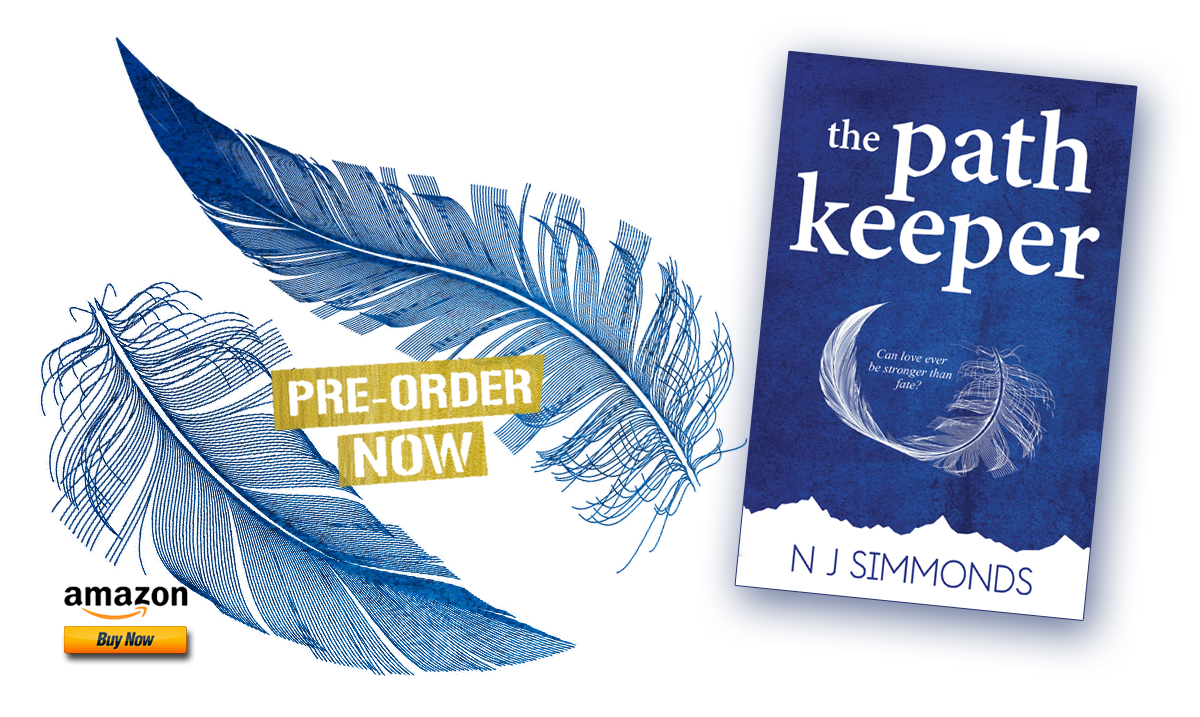I wasn’t aware that I had written a YA novel until my manuscript was snapped up by UK publisher Accent Press for their YA division. ‘Fantastic!’ I thought…then I ran off to look up what YA meant.
‘Young Adult’ literature (or its slightly raunchier big sister ‘New Adult’) is the latest buzz word in the booky world, but it’s nothing new. From J D Salinger and Judy Blume, to Mark Twain and Harper Lee, authors have been penning stories from the viewpoint of teenagers, for teenagers, for over a hundred years. The Outsiders, written by S. E. Hinton in 1967, has been cited as being the very first YA novel. Why was it so different? Because the author was only 17 when it was published, making it the first teen novel lacking the nostalgic adult voice that others before it had possessed. The Outsiders was written in a way young adults understood, it was raw and real and extreme…and that’s what makes YA so unique, and what makes it the most growing genre of our time.
The 50’s invented teenagers, the 60’s and 70’s saw novels addressing serious issues that affected the strident youth of its time, the 80s began to target younger readers as a separate market but it was the 1990’s that really created YA as we know it today – taking it away from just something teenagers read and making it acceptable for every age to enjoy . Hello Harry Potter, The Hunger Games and the Twilight series…and thank you!

According to publishers, YA novels target girls and boys aged fifteen to twenty-one. Although the main characters in most YA books fall within that age range, the readers can be a lot older. The magical YA age is a time of firsts, of confusion and self awareness; and YA authors do their best to tap into minds that have already abandoned the innocence of youth but haven’t yet been tainted by the cynicism of adulthood. Writers of YA are writing for young adults traversing that no-mans-land we all must cross before becoming fully fledged grown-ups – the best days and worst days of our lives.
My debut novel ‘The Path Keeper’ centres on the doomed love between nineteen year old Ella and the enigmatic Zac. She hates her life and falls for the only guy she can’t have, but he’s keeping a huge secret from her and it will be the one thing that will tear her world apart.
My book has all the ingredients of any ‘coming of age’ story – drama, intrigue, obstacles to overcome, sexual tension, plenty of action and even a touch of magic. But many books include all that, so what exactly makes ‘The Path Keeper’ a YA novel? The fact that the protagonist is nineteen years old?
No, it’s more complicated than that…
From my experience of reading a lot of YA, watching a lot of teen series (probably more than I should admit to) and writing my own YA series – there are five things that makes YA novels a success, and the reason why they are so appealing to any age.

Extremes
Blame hormones or that tricky transition from childhood to independence, but teenage years are not about moderation. When you feel you really feel, and when you want something you really want it. You go with the gut and the heart, you listen to your instincts and you take risks. YA novel ‘Fangirl’ by Rainbow Powell touches upon manic obsession with the protagonist being in love with a fictional character…and blogging about it 24/7. ‘Lord of the Flies’ is about the extremes of the human condition when you take away social constraints, and Katniss in ‘The Hunger Games’ is so focused on her mission and the injustice of the world that she’ll stop at nothing to win. Young Adults can relate with these overwhelming emotions and the dramas the characters are experiencing; likewise as adults we miss living in those exhausting and exhilarating extremes…but it’s a lot of fun reading (and writing) about them.

Magic
Why do post apocalyptic worlds and supernatural heroes feature so heavily in YA novels?
Some may argue that older kids love a spot of childhood magic….but I would say it’s a lot more primal than that. The time between your late teens and early adulthood is a time of uncertainty and change, it’s also the time in your life when you discover who you really are once you are finally free from the constraints of parents. It’s scary. You can feel both invisible and invincible, different from everyone else, alien even. You feel like an outcast, as if you live in a world in which you don’t belong – and when you are already battling with these emotions it’s not too big a jump to empathise with teenagers struggling to survive in an uninhabitable world or supernatural beings coming to terms with their own transformations. The ‘Twilight’ and ‘The Mortal Instruments’ series give us love in all its supernatural glory full of forbidden love surrounded by danger and the unexplained – doesn’t every first love feel like that? Writing about vampires, werewolves and magical powers gives us writers the opportunity to provide new and exciting twists to the usual ‘will they/won’t they’ love story along with endlessly terrifying possibilities in our protagonists’ nerve wracking quests. Plus we get to write about sexy vamps and evil baddies…do you have any idea how much fun that is?

The big subjects
The wonderful thing about YA novels is that big topics can be discussed with candor. We can have fun watching two cancer patients fall in love such as in John Green’s ‘The Fault In Our Stars’ and support the rebelliousness of a very ill character like in Nicola Yoon’s ‘Everything Everything’. With YA you have permission to laugh among such harrowing backdrops, cry at the end yet still walk away with your heart full of hope and it’s fine to question your own stance on important subjects such as cyber bullying, rape and alcohol abuse as you do reading Louise O’Neill’s disturbing novel ‘Asking For It’. The great thing about YA novels is that they are rarely morose, didactic or serious…but they still remain real, and on most occasions show you the light among the dark. Readers can read about the subjects that matter and still feel free to enjoy them, because teenagers are a heady mix of confusion, hope and anticipation – so YA novels are too.

Firsts
First loves, the first time you have sex, get drunk, take drugs, move away from home and get a job (hopefully not all in the same day) are big deals. They are massive milestones in every teens life; things worth fighting over and getting anxious about. When you write about firsts you write with a rawness that authors rarely encounter with other topics. And when you read about ‘firsts’ you either encounter the same emotions that coursed through your young veins when you experienced these highs yourself, or you feel the anticipation of knowing that these wonders are just around the corner. Books are like time machines, they take you back and they pull your forward – all without having to leave the comfort of your sofa.

Keeping it real
Young Adults are the future and they have big plans. Writing YA novels gives authors the opportunity to write in the voice of the future, to channel the hopes and extremes and wonders of firsts in a voice that is not masked with any social niceties. YA is about stripping back a story to its fundamental roots and focusing on what matters, not dwelling on the past or sharing experiences but dealing with the now. Right now. It gives the unnoticed a chance to not only speak but to make a difference, not just to their immediate surroundings but to the future.
To understand the future of YA you need to understand the past, to see the journey that teenagers have taken over the last seventy years and to see the evolution of their importance in today’s society. Now they have a voice – and it’s one that we all want to listen to, regardless of our age.
I shall leave you with a quote from The Path Keeper and my mysterious male protagonist Zac…he has always preferred the past, and he’s not very impressed with us normal folk either. Good job he’s so hot!
“Didn’t they realize the present didn’t exist? That it was nothing but a monotonous treadmill pulling them along, tripping them up, and dragging them into a future they hadn’t yet created? But the past was always there, waiting. It never hurried. It was a safe place, a private space where every story lay, holding all the clues and all their answers.”
You can pre-order ‘The Path Keeper’ by N J Simmonds now and it’s available to buy from all good bookshops from 23 February 2017.


